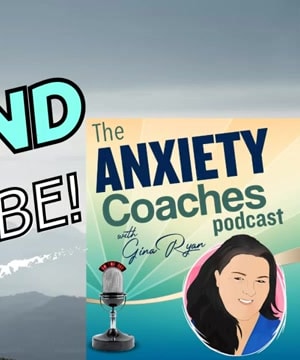Overcoming Distress
Sources:
Overcoming distress can be addressed through various strategies rooted in psychological practices and personal resilience. Here are some approaches shared by trusted experts:
-
Reframing Stress Responses:
- Jordan Harbinger suggests acknowledging one's strengths when faced with stress. Instead of minimizing the problem, remind others (and yourself) of their capacity to handle challenges. This method helps reframe stress as a means of building strength and resilience 1.
-
Coping with Overwhelm:
- Gina Ryan emphasizes the importance of effective coping strategies and radical acceptance. This involves recognizing one's current situation without self-judgment and practicing mindfulness to regain control during overwhelming anxiety 2.
-
Distress Tolerance:
- Todd Kashdan highlights that enduring distress is crucial. Higher tolerance for distress can significantly improve outcomes in challenging situations, such as overcoming addiction and coping with obesity or opposing views 3.
-
Empathy and Connection:
- David Puder discusses the importance of recognizing and understanding the nuances of distress in others, which may not always be verbally expressed. Developing empathy and psychological safety in relationships helps cope with distress 4.
-
Fortifying Relationships:
- Wim Hof shares that practices like deep breathing exercises can help clear negative biochemistry and foster intimacy in relationships. These exercises can help regulate emotions and break negative thought patterns, thus overcoming mental obstacles that create relational distance 5.
-
Gene Expression and Stress:
- Dr. David Rabin explains that various forms of distress (emotional, physical, spiritual) trigger similar changes in gene expression, leading to mental and physical illness. Understanding these effects can help in developing comprehensive strategies to manage and mitigate stress 6.
Each of these approaches offers valuable insights into managing and overcoming distress through practical and psychologically informed methods.
RELATED QUESTIONS-

